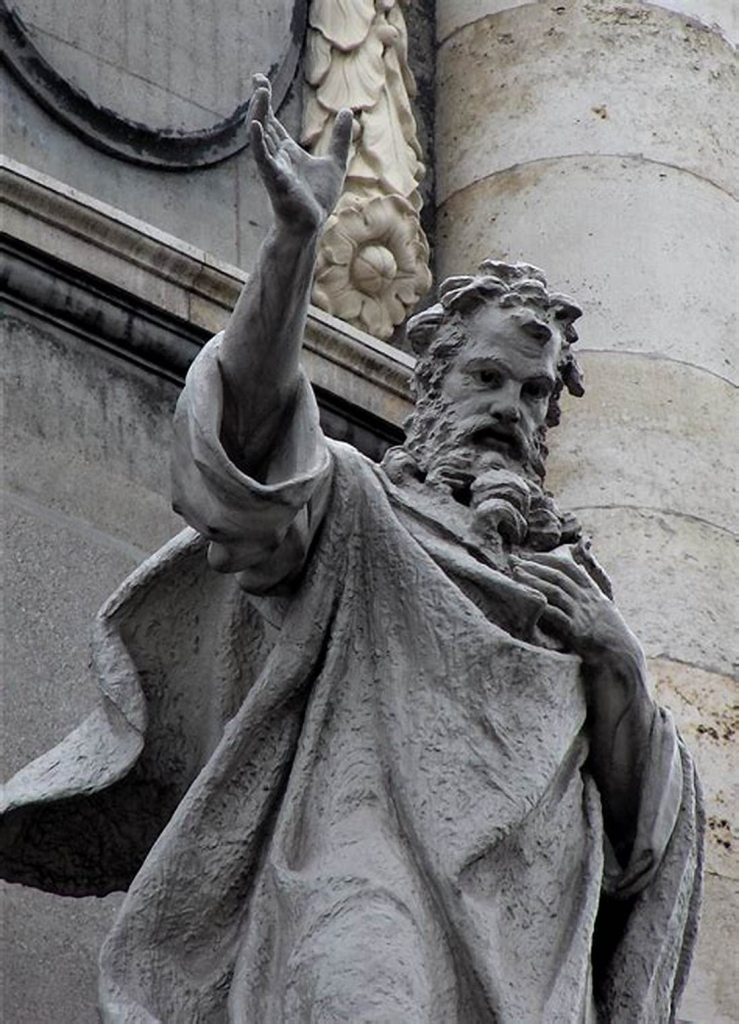
The gospel is the heart, soul, and foundation of Christianity. The gospel says that Man is a sinner, a condition passed down to every human being from Adam and Eve, who rebelled against God and did what God expressly said not to do. The penalty for sin is death and eternal separation from God. But God still loves His Creation and He sent His one and only Son to earth. He lived a perfect, sinless life, and then died on a cross for man’s sin. Three days later, Jesus rose from the grave and returned to heaven, guaranteeing that all who believe in Him have eternal life.
That’s a lot to ask someone to buy into, isn’t it? C.S. Lewis wrote, “If Christianity were something we were making up, of course we would make it easier” (Mere Christianity).
If Christianity were something we were trying to mass-produce wouldn’t we make it more attractive to “sell?” Wouldn’t we create a “hero” who was invincible – who took out His enemies rather than letting them nail him to a cross? If we were making it up, why would we make it so hard to believe? Any fantasy writer knows your story can’t be too far “out there.” There have to be some believable elements to it to be a good story. But truth – they say – is often stranger than fiction.
Could it be that the story we are telling is true? Could it be that it is more than a “story?” Is it possible that this was God’s plan all along? It is not only possible, it is factual. Jesus said that the kingdom of God was prepared for God’s redeemed people “since the creation of the world” (Matt 25:34). Scripture also says that Jesus – the Son of God (Lk 1:35), the Word made flesh (Jn 1:14), the Lamb that takes away the sins of the world (Jn 1:29) – “was slain from the creation of the world” (Rev. 13:8). That means before God called forth the light, the kingdom was ready and waiting and the plan of salvation was already in place.
I can’t make you believe. But I can tell you that the gospel and Christianity are true. I can tell you that if you do not make a conscious choice for Jesus, you are choosing against Him. So choose well, Beloved. The consequences of your decision are eternal.









